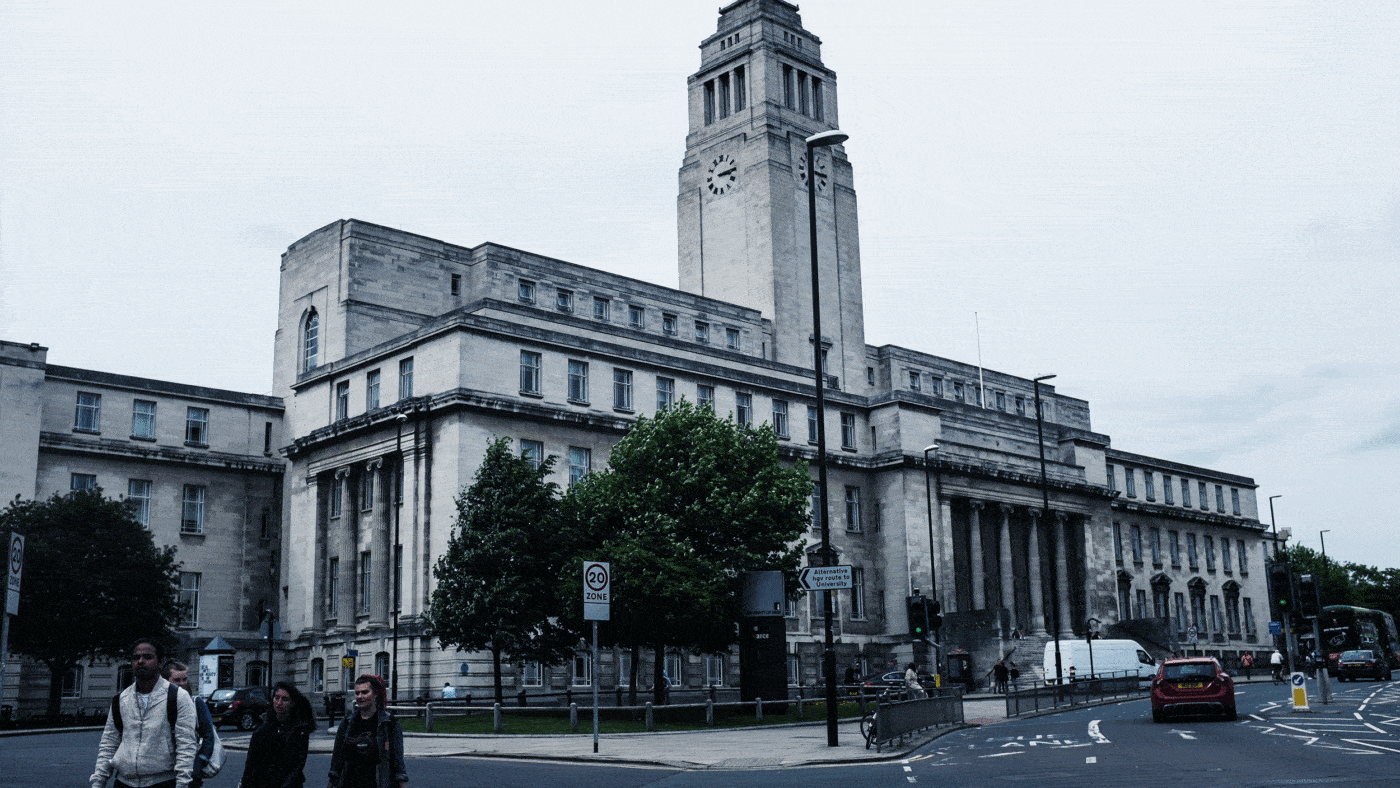After the chaos of Liz Truss’ short premiership, Rishi Sunak has emerged as a figure of calm and stability. Nonetheless, the challenges he faces are no different to those highlighted by Truss when she entered 10 Downing Street. One of these is our public finances, which have been in a dire state since the 2008 financial crash, even before the deployment of £350bn’s worth of pandemic spending.
So, what is to be done? Cutting spending on already sub-par public services is neither easy nor popular. The only option remaining is public service reform and an honest campaign to tell the British public that the state neither can nor should be responsible for providing as much as it does.
An area where Rishi Sunak could take the first step is higher education. This week, the Institute of Economic Affairs released a new paper Setting Universities Free by Peter Ainsworth and Tom McKenzie, outlining proposed reforms to higher education funding.
As the report lays out, taxpayers are forced to pay the £19bn per year upfront cost of tuition fee subsidies, of which around half will never be paid back – a liability insured by future taxpayers. Does the current system deliver a strong return on that investment? I’m afraid not. As with so many areas of government spending, we have been the victims of daylight robbery.
The report demonstrates that our current university funding formula is simply unfit for purpose. First and foremost, students are getting a raw deal: many are left with an effective earning loss from attending university, while the vast majority have had their studies disrupted by the pandemic and academic strikes without a fee reduction. This is the consequence of a system which insulates universities from accountability to its customers (students) by having them rely on the state for funding.
This accountability deficit is compounded by the lack of competition among universities, which stems from the fact that tuition fees are capped across the board, thus reducing universities’ incentive to vary prices. The tuition fee cap is also responsible for universities losing out under the current system, with the Russell Group warning that the current fee cap makes it impossible for universities to sustainably fund themselves.
As Chancellor Jeremy Hunt recognised when he was appointed, universities, our educated population, and our research capacity are some of our key economic strengths. By forcing universities into an unsustainable funding model, we are supressing our international competitiveness and denying our world class researchers the full ability to make breakthroughs in important areas like medical science.
Students are suffering, universities are underfunded, and taxpayers are the ones left to foot the bill. The report proposes a remedy: uncap tuition fees and have students and universities assume responsibility for making up the difference between the state tuition fee subsidy and the new uncapped fees. By freezing the subsidy at the current £9,250 level, the government’s funding of higher education will be slowly eroded by inflation. This would save taxpayers £60 billion over twenty years, ensure the sustainability of universities going forward, and give students an increasing stake in their own education.
Under the report’s proposals, universities would be incentivised to enter cost and income sharing arrangements, whereby students would pay back their loans directly to universities based on their future earnings. This would marry the interests of universities with those of their students, making the success of the school contingent on the success of their pupils. This in turn would incentivise universities to select their students and courses more carefully. It is well documented that many students are going to university whose talents and interests would be better served doing something else.
Likewise, the prevalence of so-called ‘Mickey Mouse’ courses which don’t provide value for time, money, or effort spent has increased dramatically. There are an optimal number of gender studies students in England, it is less than 100%, but (probably) above zero. When universities are paid based on the number of students they enrol by the state, they have no mechanism to establish that optimal number, because their profits and losses are not defined by how well gender studies students do in later life. If proposals like those in Setting Universities Free are implemented, universities would better understand how to deploy their resources because the percentage of loans repaid and competition from other universities would give them that information.
This is a reform which strengthens one of our economic assets, gives the right wing of the Conservative Party something to celebrate, and saves taxpayers’ money. If that appeals to Rishi Sunak, he need look no further than this paper’s recommendations.
Click here to subscribe to our daily briefing – the best pieces from CapX and across the web.
CapX depends on the generosity of its readers. If you value what we do, please consider making a donation.


